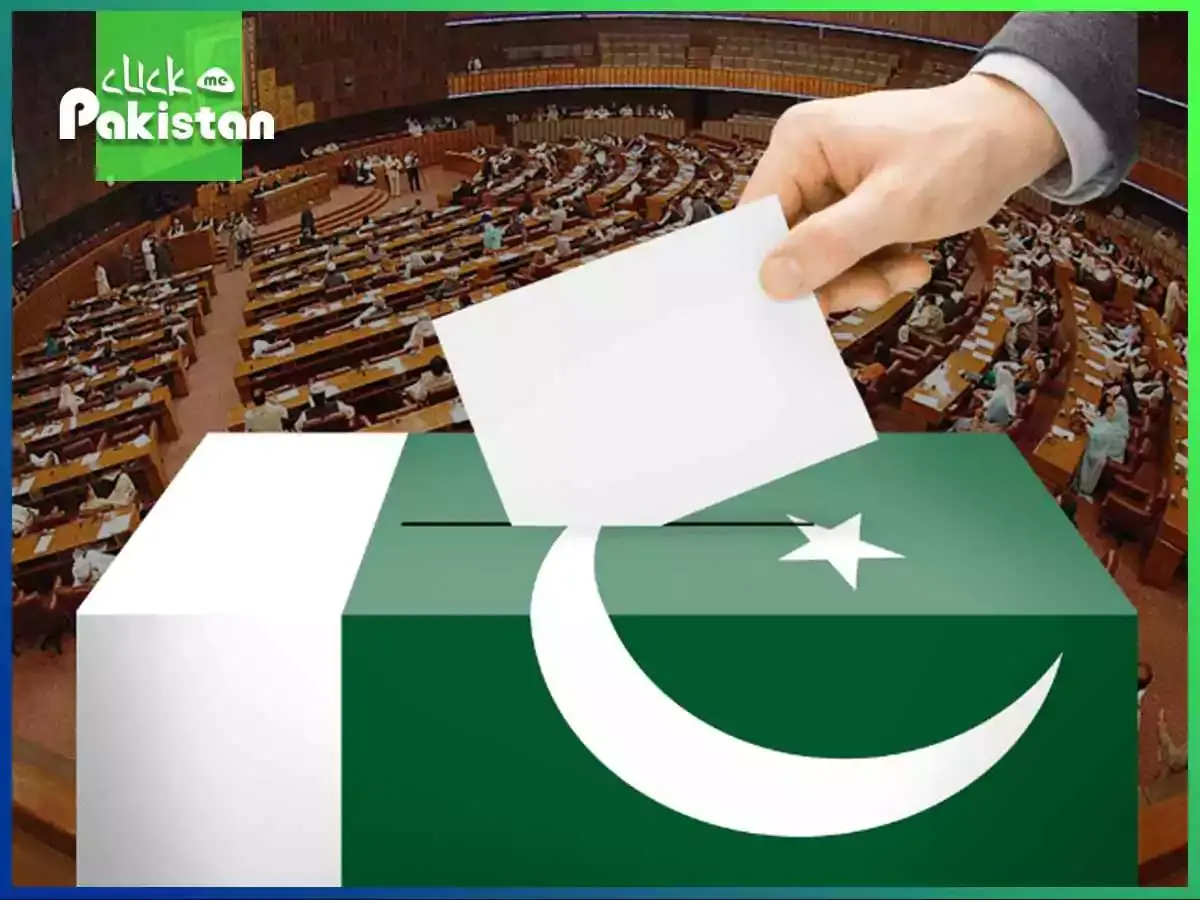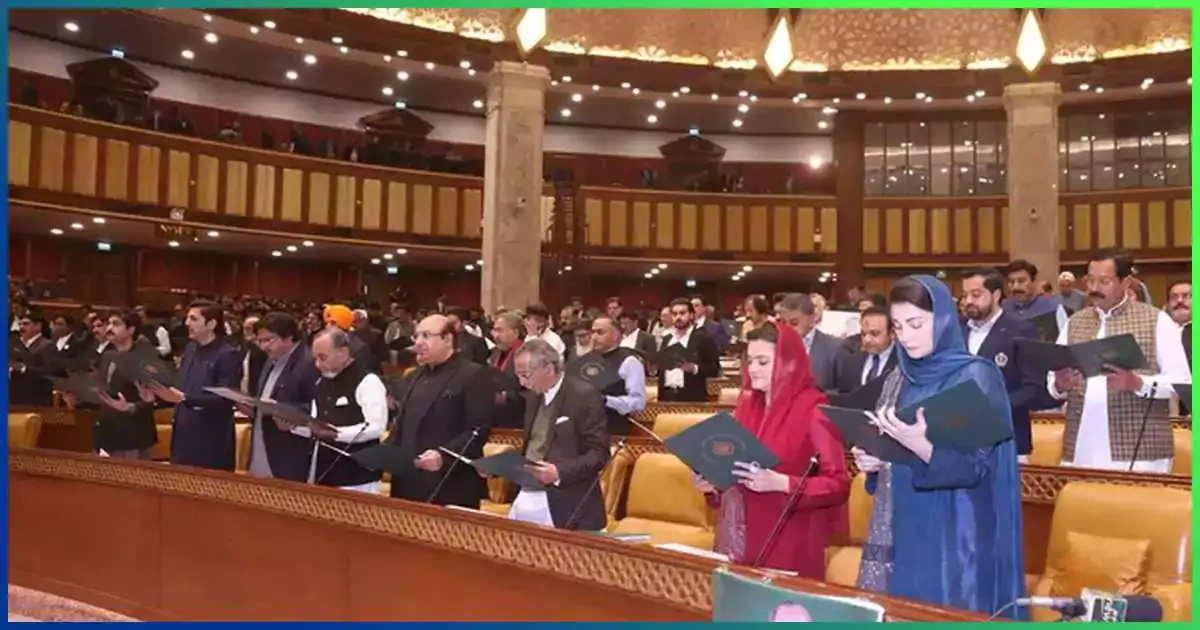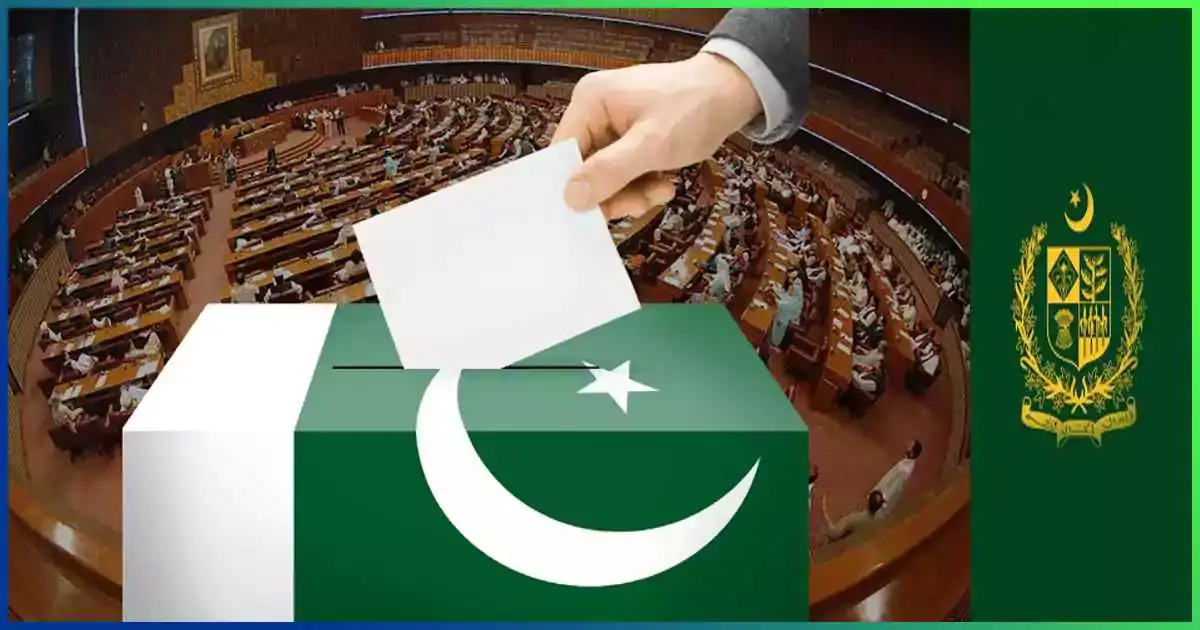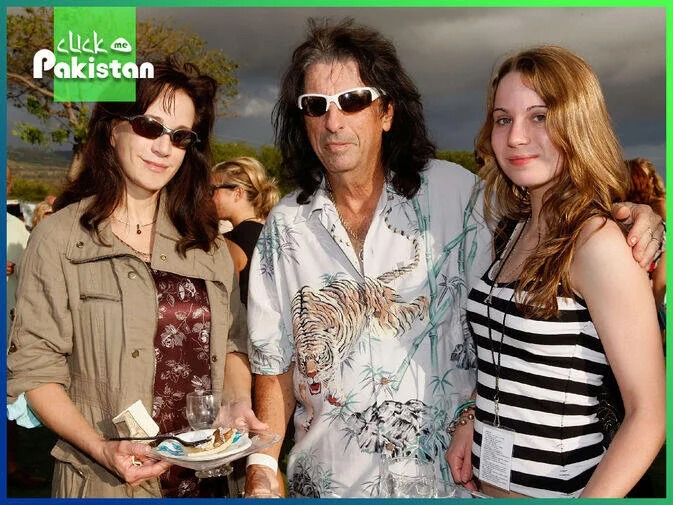
How Are the PM Speaker and Opposition Leader Elected?
PM Speaker and Opposition Leader Elected?
After great anticipation, Pakistan’s recently elected National Assembly is preparing to hold its first meeting, during which it will election of PM Speaker and opposition leader.
According to the Constitution, President Arif Alvi had to convene a new session of the National Assembly by February 29. This session needed scheduling within 21 days of the general elections held on February 8. However, President Alvi’s hesitation caused a delay in calling the session. Consequently, the Speaker of the National Assembly, Raja Pervaiz Ashraf, intervened and called for a special session on February 29.
During the new assembly’s first session, all legislators will take an oath of office.

#oth
The Election Commission of Pakistan (ECP) has only granted political parties access to 40 of the reserved women’s seats. These seats include all 14 in Sindh, all 4 in Balochistan, two in Khyber Pakhtunkhwa, 20 in Punjab, and 10 in Khyber Pakhtunkhwa. The total number of reserved seats for women and minorities is 60 out of the 336-member house. However, the ECP has not yet granted access to the remaining 20 women’s seats and 10 minority seats.
The ECP has assigned a total of seven out of ten seats designated for minorities. However, the Sunni Ittehad Council (SIC), affiliated with the PTI, has not yet received reserved minority and women’s seats from the ECP.c
The initial session of the National Assembly is expected to include a summary of what else is anticipated.
The elections for Speaker and deputy speaker are anticipated.
Ashraf will chair the meeting as the current speaker and serve in that capacity until a replacement is chosen.
The Rules of Procedure and Conduct of Business in the National Assembly, 2007, require that the National Assembly elect a PM Speaker and Opposition Leader at its first meeting after a general election. This election takes place after members take an oath and before any other business advances. The Assembly elects the Speaker by secret ballot in accordance with clause (1) of Article 53.
Amir Wasim, the chief of Dawn’s bureau in Islamabad, stated that the current PM Speaker and Opposition Leader would administer the oath to the newly elected MNAs. Subsequently, each member would be called alphabetically to sign the register.
He announced, “The current speaker will then announce the schedule for the PM Speaker and Opposition Leader election on the same day.”
Article 53 of the Pakistani Constitution mandates that the National Assembly elects a SPM Speaker and Opposition Leader from its members at its inaugural meeting. This process supersedes any other business during the meeting. Additionally, whenever the positions of PM Speaker and Opposition Leader become vacant, the Assembly must promptly elect replacements. The Assembly must elect another member to fill the vacant position of Speaker or Deputy Speaker whenever necessary. This action ensures the smooth functioning of the legislative body.
The secretariat accepts nomination papers for the assembly from anyone at any time. This process mirrors the nomination of candidates for general elections.
According to the official procedure, any member can nominate another member for election as Speaker before 12:00 noon on the day preceding the election. This nomination involves delivering a nomination paper signed by the proposing member. The nomination paper must include a statement from the nominee expressing their willingness to serve as Speaker if elected. This process ensures that all members can actively participate in the election process. It also promotes transparency and accountability in selecting the Speaker. Following these guidelines, the Assembly can conduct the Speaker’s election in a fair and orderly manner.
A secret ballot will determine the new speaker of the house, and the candidate who garners the most votes will win. If a tie occurs, another round of voting will take place.
The newly elected PM Speaker and Opposition Leader will announce the election schedule for the deputy speaker. Wasim explained that the deputy would be chosen in the same manner, through a secret ballot.
PM Speaker and Opposition Leader
After taking office, the speaker and his deputy will declare the date for the election of the prime minister, referred to as the leader of the house. Typically, this election occurs the day following the speaker’s appointment or the day after.

#oppositionleader
Section 91(3) of the Constitution states that following the election of the PM Speaker and Opposition Leader, the National Assembly “shall, to the exclusion of any other business, proceed to elect without debate one of its Muslim members to be the Prime Minister.”
The assembly secretariat will similarly receive nomination papers for the position of PM Speaker and Opposition Leader.
Although there are no religious restrictions on the elections for the PM Speaker and Opposition Leader, his deputy, or the leader of the opposition, the prime minister’s seat is reserved for Muslim members of the parliament.
Five minutes before the start of the voting procedure, “bells” within the parliament house will ring, alerting all members to congregate inside if they are not currently in the chamber. Once the procedure starts, the doors will be locked, and nobody will be allowed to enter or exit the hall until the PM Speaker and Opposition Leader is over.
Five minutes before the start of voting, the Speaker will initiate the ringing of bells to alert absent members. Following the official procedure outlined in the Second Schedule, assembly staff will lock all lobby entrances immediately after the bells stop ringing. They will prevent any entry or exit until the voting concludes. This protocol aims to ensure the integrity and confidentiality of the voting process. Members inside the chamber must remain present until the voting ends. The locking of entrances prevents any unauthorized interference during the voting period, guaranteeing that the voting process proceeds smoothly without disruptions.
A division-based open vote will be conducted under the speaker’s supervision.
Wasim stated that the speaker may instruct voters, saying, “Those voting for candidate A should proceed to lobby A,” and “Those voting for candidate B should proceed to lobby B,” in the case of two candidates. If there are three candidates, a lobby C may also be designated.
A staff member of the assembly secretariat will stand at the entrance of the mentioned lobbies to register each MNA’s name. The voting process will be transparent, allowing those seated in the galleries to observe who votes for whom.
In this case, each member of the political parties must cast a vote for the candidate their party is supporting.
After selecting their lobby and casting their ballot, the PM Speaker and Opposition Leader will call each member back to announce the outcome. To be chosen as prime minister, a simple majority, comprising more than half of the votes in the house or 169 votes out of 336, is required.
However, since there is no limit on the number of candidates vying for the PM Speaker and Opposition Leader, it is possible that three or more are running, and none of them receive 169 or more votes.
Section 91(4) of the Constitution stipulates the process for electing the PM Speaker and Opposition Leader by the National Assembly. The mandate requires a majority vote from the total membership of the assembly. Should no member secure this majority in the initial poll, a second poll is initiated. This second poll involves the two members with the highest vote counts from the first poll. The member who garners a majority of votes in this second poll is declared the Prime Minister-elect. IN case of a tie among members with the highest votes, further polls are conducted. These subsequent polls continue until one member secures a majority of the National Assembly’s votes. The procedure ensures a clear and decisive outcome in selecting the Prime Minister. It aims to uphold the democratic principles of majority rule and fair representation. Thus, the Constitution provides a systematic approach to the election of the country’s leader.
Accordingly, the two candidates who receive the most votes will engage in a subsequent round of voting until one of them secures at least 51% of the vote and emerges victorious.
Leader of the opposition
During the election of the PM Speaker and Opposition Leader, the speaker will ask the opposition members to provide the names and signatures of the candidates they want to lead once the prime minister is chosen.
The formal procedure in Chapter V 39(2) states, “After the [election of the Prime Minister], the Speaker shall inform the members about the date, time, and place for submission of a name for the Leader of the Opposition under their signatures.”
Furthermore, the same section states that after verifying signatures, the Speaker declares the member with the most signatures as the Leader of the Opposition. It also includes members who didn’t sign initially but did so during the count.
Shortly after the election, the announcement of the prime minister will occur, although it may take some time for these lists to be submitted.
“If the opposition leader is not appointed soon, it makes no difference,” clarified Wasim. “However, the country’s government is affected if the prime minister isn’t appointed.”
“I don’t think there’s a timeline for the opposition leader’s nomination,” he continued.
Wasim states that prior to the 18th Amendment to the Constitution, “the choice of the opposition leader was at the discretion of the speaker.”
“This discretion was misused,” as evidenced by the appointment of Fazlur Rehman as the opposition leader under the Parvez Musharraf administration, even though the PPP and PML-N had a clear majority.
Now, the procedure differs. If there are two contenders for the role, each will present the speaker with a list of opposition members along with their signatures. The head of the opposition will be chosen from among those who support the candidate the most.
The votes cast by the candidates themselves will also be counted for each of the elections listed above.
Read more: General Election Results Face Massive Rigging
Also Read: General Election 2024 And Global Response












